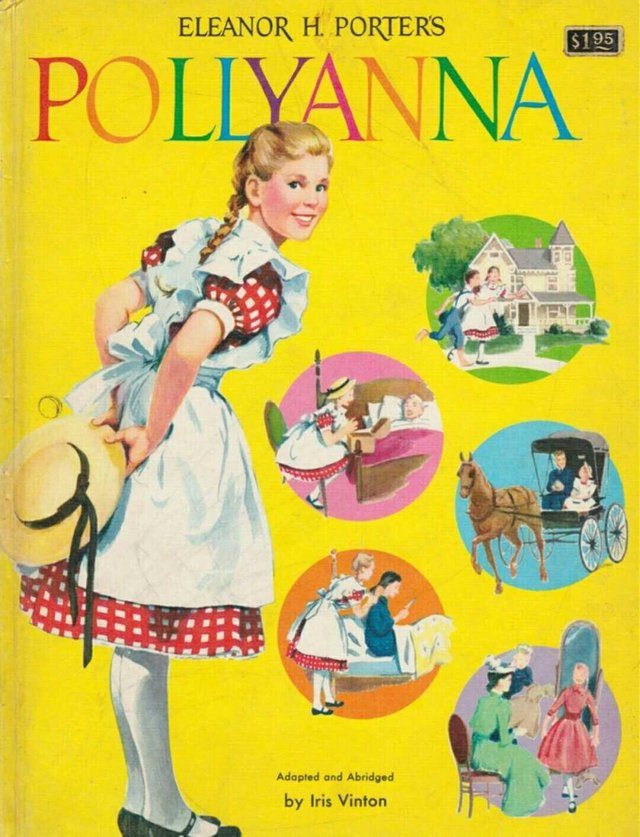3 Psychological Disorder It's Named Based on Fictional Story Character!
Usually, when people become inventors of new things in the world, they will name the discovery in their own name. Like the Rafflesia Arnoldi flower which was named after the inventor Joseph Arnold and Sir Thomas Stamford Bingley Raffles in 1818 although the inventor was actually a French researcher named Louis Auguste Deschamps whose ship was attacked by the British fleet so that documents proving the invention disappeared and simply reassembled in 1954. But there is something unique behind the discovery made by some psychologists, namely the use of the name of a character in a fictional story whose personality resembles the psychological disorder that the experts found. Like the psychological terminology below!
1. Huckleberry Finn Syndrome

Huckleberry Finn is a fictional character created by Mark Twain as one of the protagonist characters in Tom Sawyer's story and first appeared in a book entitled The Adventure of Tom Sawyer (1876). The psychological syndrome named after this character is a condition that shows a child with an excessive intellectual capacity that the child has a tendency to ignore responsibility because of a conflict between parental care or self-guardianship with the child's intelligence.
2. Othello Syndrome

Othello was the main character in the tragedy of William Shakespeare Othello (Othello Tragedy, The Moor of Venice) (1603). People with Othello syndrome have excessive jealousies and are not based on rational attitudes, and even those who have this syndrome can commit the murder of their own lover if they recur! Othello's character in Shakespeare's own drama did indeed commit the murder of his wife because Othello thought his wife had betrayed him. So, be careful if your heart is double, who knows your boyfriend has this psychological tendency. Hiiii!
3. Pollyanna Syndrome

Taken from the child's novel name and the novel title created by Eleanor H. Porter, this syndrome shows an unrealistic optimistic tendency. Although optimism is usually judged as positive when compared to pessimistic attitudes, excessive optimism can also be harmful to a person when the person is no longer concerned with the possibilities that come from reality.
Obviously these mood disorders are made up/
Psychiatry is a fake science and medicine.
http://www.cchr.org/